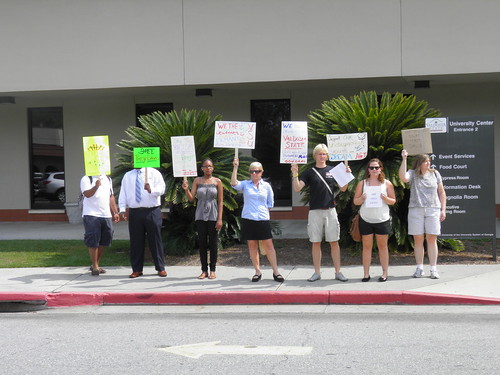Elise Foley wrote for Huff Post yesterday, Immigrant Detainees Report Nearly 200 Instances Of Sexual Abuse
This is also the same CCA that runs a prison in Idaho commonly known as Gladiator School because it has twice the rate of assaults as other prisons in that state.More than 180 sexual abuse complaints have been reported in immigration detention centers since 2007, according to government documents obtained by the American Civil Liberties Union as part of a class-action suit filed this week….
All three women in the ACLU lawsuit were held for a time in the T. Don Hutto Residiental Center in Taylor, Texas, a 512-bed detention center privately run on a government contract by private prison giant Corrections Corporation of America.
The suit targets Corrections Corporation of America along with three ICE officials, a former facility manager of the Hutto facility, and a former Hutto guard named Donald Dunn, who was charged last year with assaulting five women and has been accused of abusing more.
We don’t need a private prison in Lowndes County, Georgia. Spend those tax dollars on rehabilitation and education instead.
-jsq












